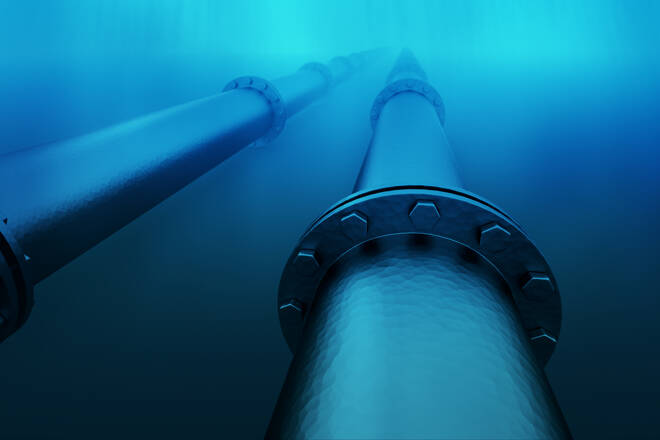Advertisement
Advertisement
TTF Gets Stronger Against Other European Hubs on Restricted Injections Into Dutch Storages
By:
This year’s European gas market is very much different from that of 2020 in many ways, the main one of which once again comes down to the storage issue.
This factor can already be named MVP (Most Valued Parameter) of 2021, referring to the impact that low levels of gas in the UGSs have on the pricing environment. In that context, the TTF hub has been especially supported in recent weeks as compared to other market areas.
NWE is particularly affected by the slow pace of injections into the underground facilities during this summer season. In early June, the storages in that region were just 31.6pc full versus 38.5pc for Central Europe. And the Netherlands was ranked last among all continental NWE countries with the Dutch UGS fullness standing at 21.7pc as of 4 June.
The Netherlands recorded an aggregated net gas injection of only 550 mcm in the last five weeks, although LNG send-out from the Gate terminal was at the near-maximum level for almost the whole of May. A large part of available volumes was essential for meeting weather-related demand, but when temperatures finally exceeded the seasonal norm in early June, thus creating conditions for higher injections into the storages, the send-out into the country’s transmission grid started to decrease. With regard to future LNG supplies, higher Asian premium resulting from stronger summer demand cannot but instill NWE players with a sort of pessimism.
In addition to that, Q2 Norwegian outages, which by the way have not reached their peak yet, further restricted injection potential of the Dutch market, contributing to higher TTF both on the near and far end of curve against other trading points.
In the months ahead, TTF spread to different areas, particularly on winter delivery contracts, will depend largely on the ability of Dutch market participants to enjoy access to additional volumes of gas and to have the necessary flexibility when selecting between supply sources. The fewer options players have, the stronger TTF is.
The opinions expressed in this blog are mine only and do not reflect the views of my employer
About the Author
Yakov Grabarcontributor
Yakov has been dealing with the analysis of global energy market, especially the developments in Europe, during last six years. Before joining Gazprom Export, the export arm of Gazprom, he managed the ‘World Oil Review’ weekly report in Moscow office of Argus Media. As the energy market analyst at Gazprom Export, Yakov coordinates the analytical work at the department responsible for developing shorter-term natural gas supplies to Europe via its Electronic Sales Platform.
Advertisement
